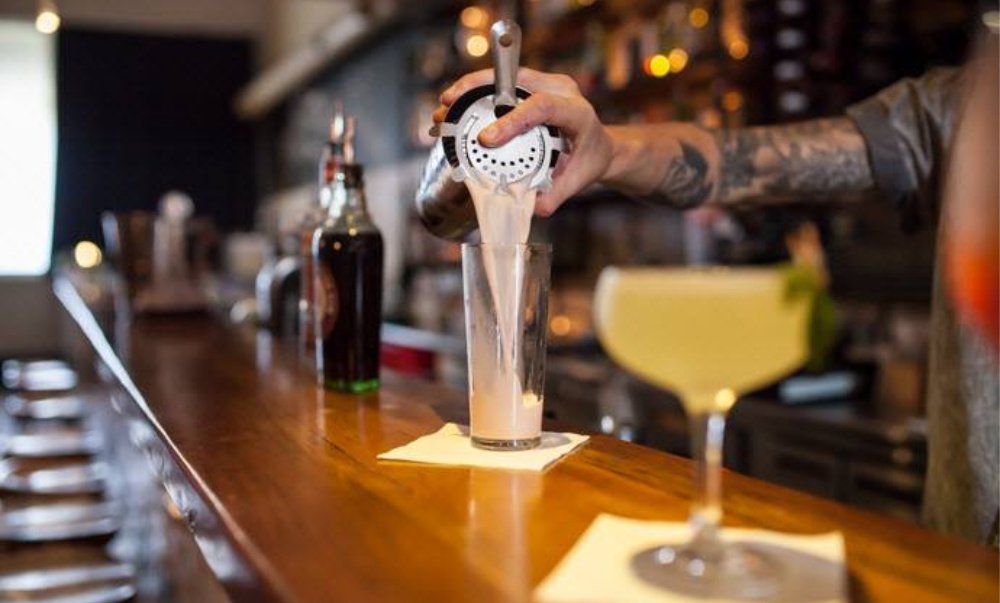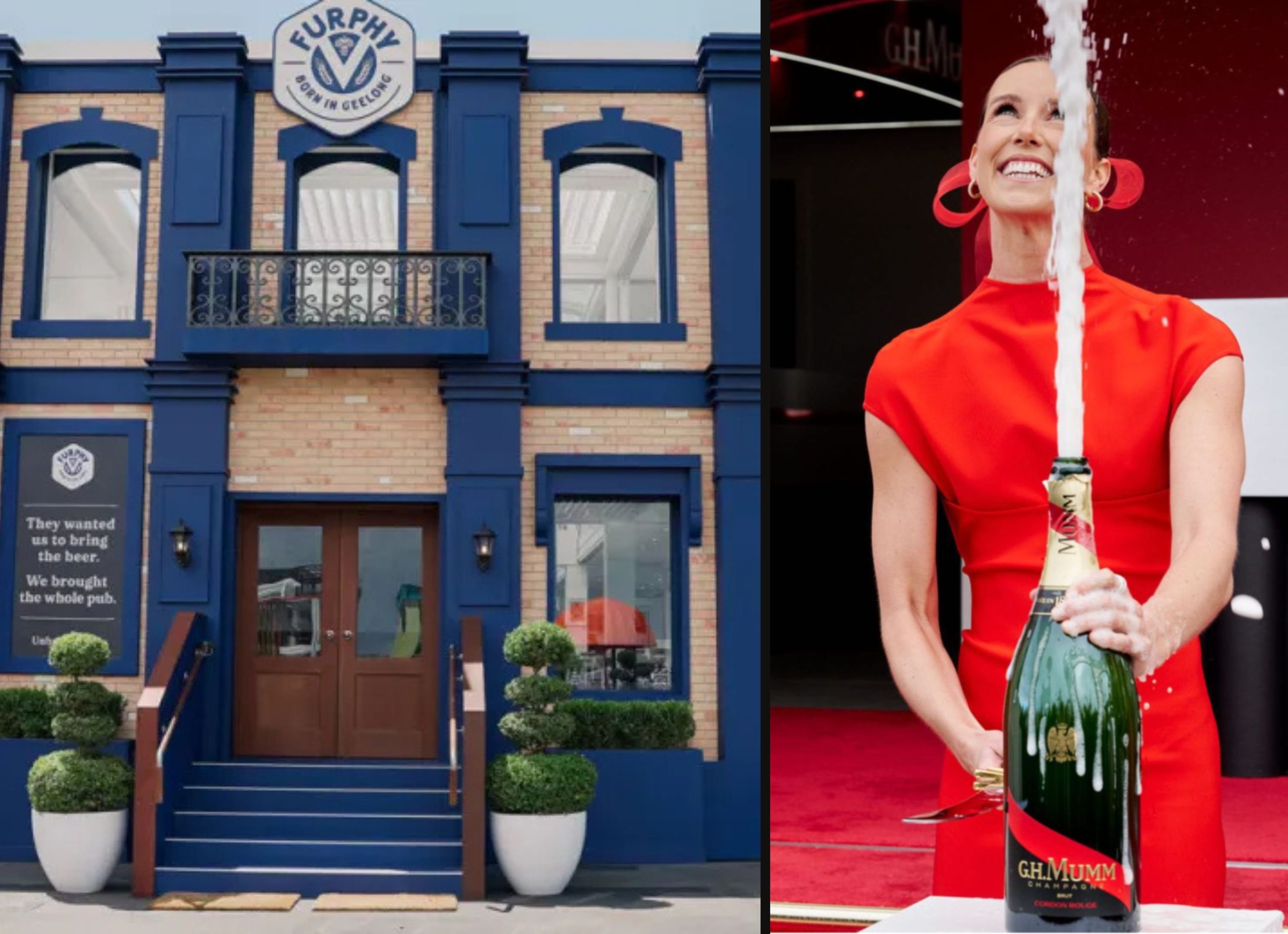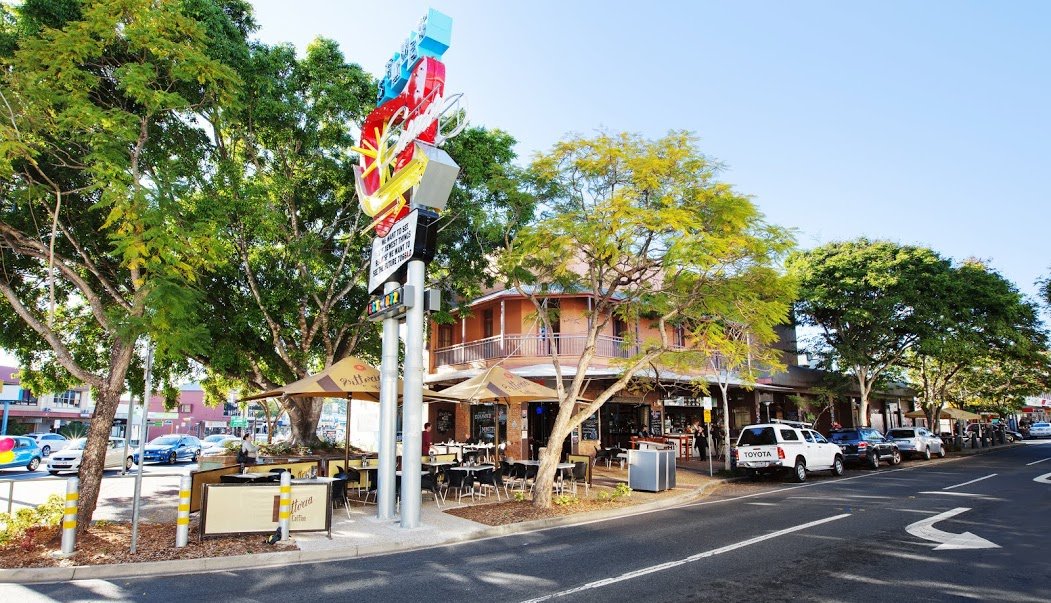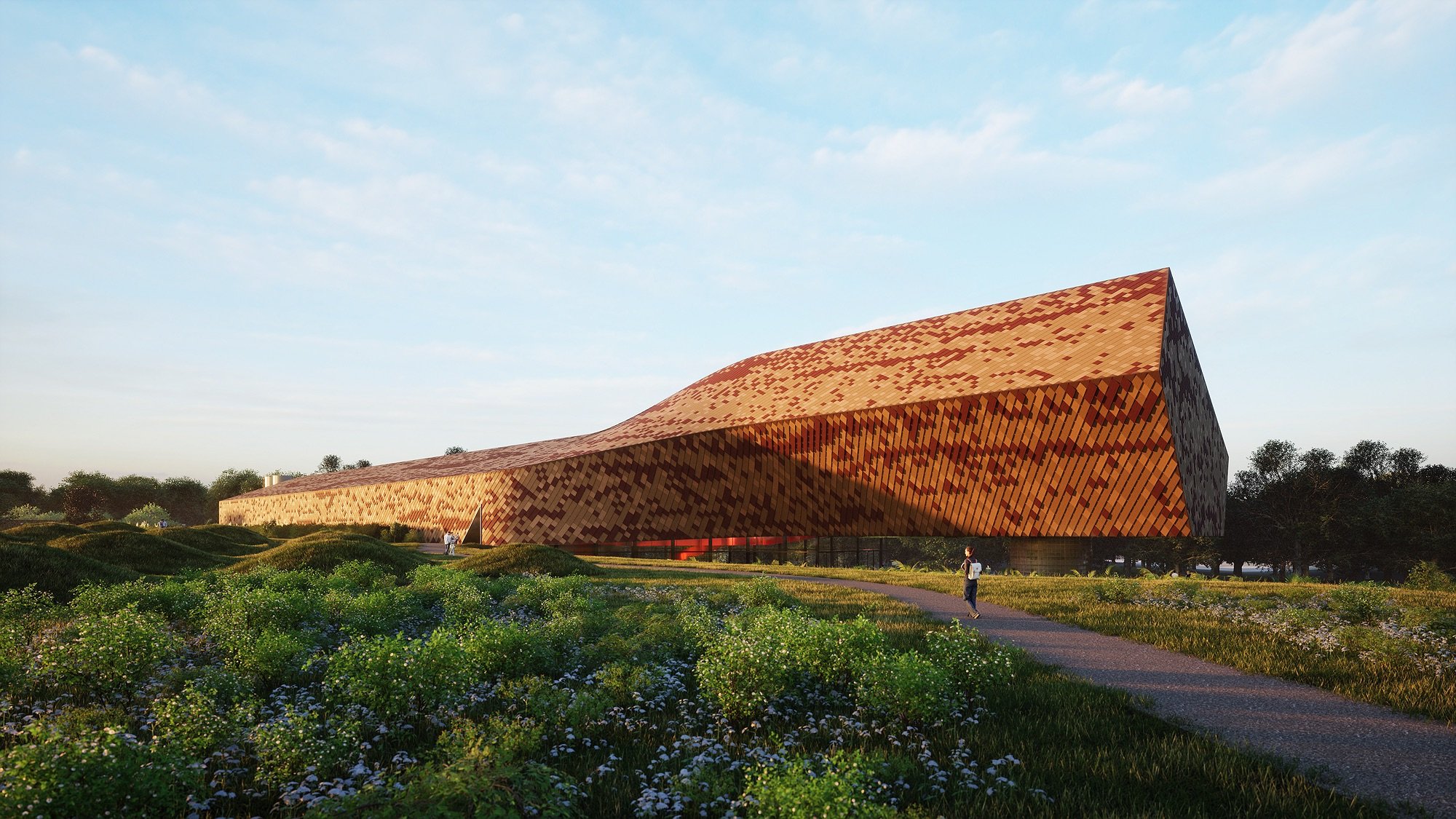The NSW government is looking to review Newcastle lockout laws, as it seeks to rejuvenate the city's night time economy in the wake of COVID-19.
Minister for Customer Service Victor Dominello met with Newcastle City Council, NSW Police Local Area Command and Hunter Business Chamber members this week to discuss ways to create more diverse entertainment options for the city.
“We are taking this opportunity to listen to a range of opinions on how the Government can help support a vibrant and safe night-time economy for Newcastle as businesses recover from COVID-19,” Dominello said.
“The Newcastle CBD has been transformed in recent years with the Honeysuckle redevelopment, a new light rail line and the opening up of the foreshore through the removal of the heavy rail line and this offers great potential for revitalization of local nightlife.
“In 2008 the Government of the day imposed a range of licensing restrictions specific to Newcastle in an effort to curb the escalation in alcohol-fueled trouble in the city, which became known as the ‘Newcastle Solution’.”

Dominello (above) said the Government’s response to last year’s Parliamentary Joint Select Committee’s report into Sydney’s Night-Time Economy supported a review of Newcastle liquor licensing conditions as well as working with Newcastle City Council to rejuvenate local nightlife.
“Many local residents are rightly proud of what was achieved through the Newcastle solution but 12 years on, in line with the recommendation of the Parliamentary Committee looking at the Night Time Economy, it is the time to look at a review,” Dominello said.
“For example, many of the restrictions remain in force and have been imposed beyond the original 14 hotels onto other venues including small bars.
“We will need a joint effort by the Government, the council and industry to put in place the right foundations for a thriving and safe night-time economy in Newcastle.”
Newcastle small bars welcome review
Under current Newcastle lockout laws, small bars such as Coal and Cedar (pictured main) are forced to shut at midnight.
Owner Ethan Ortlipp told The Daily Telegraph that small bars weren’t even around in 2008 when the rules came in, but are being punished for what happened in the past.
“Pubs and clubs operate on bulk volume over time, but we operate per seat, per hour for as long as we can trade and that’s how we make money and survive,” Ortlipp said.
“The longer we can trade, the more viable the business is, especially in current conditions.”
“If we could trade another two hours we could have split shifts, so it would increase employees by 30 to 40%. It could be up to 40 to 50% more in turnover.
“It’s kind of embarrassing when we have corporate people come in with clients and we have to close at 11.30-12pm.”
Share the content










